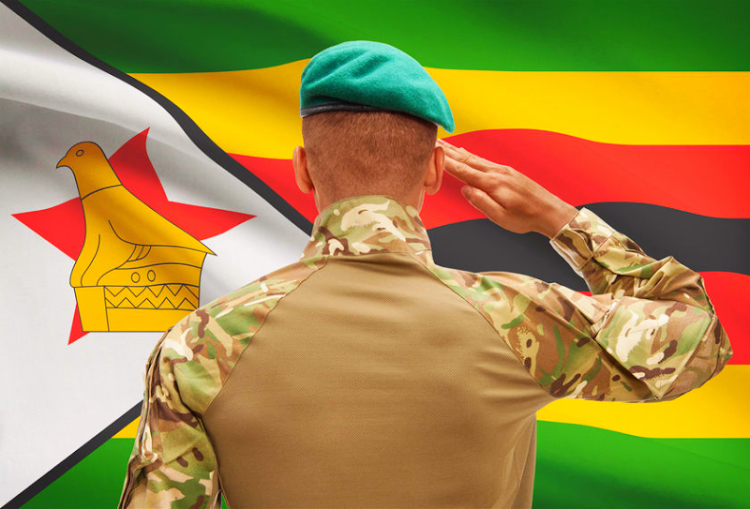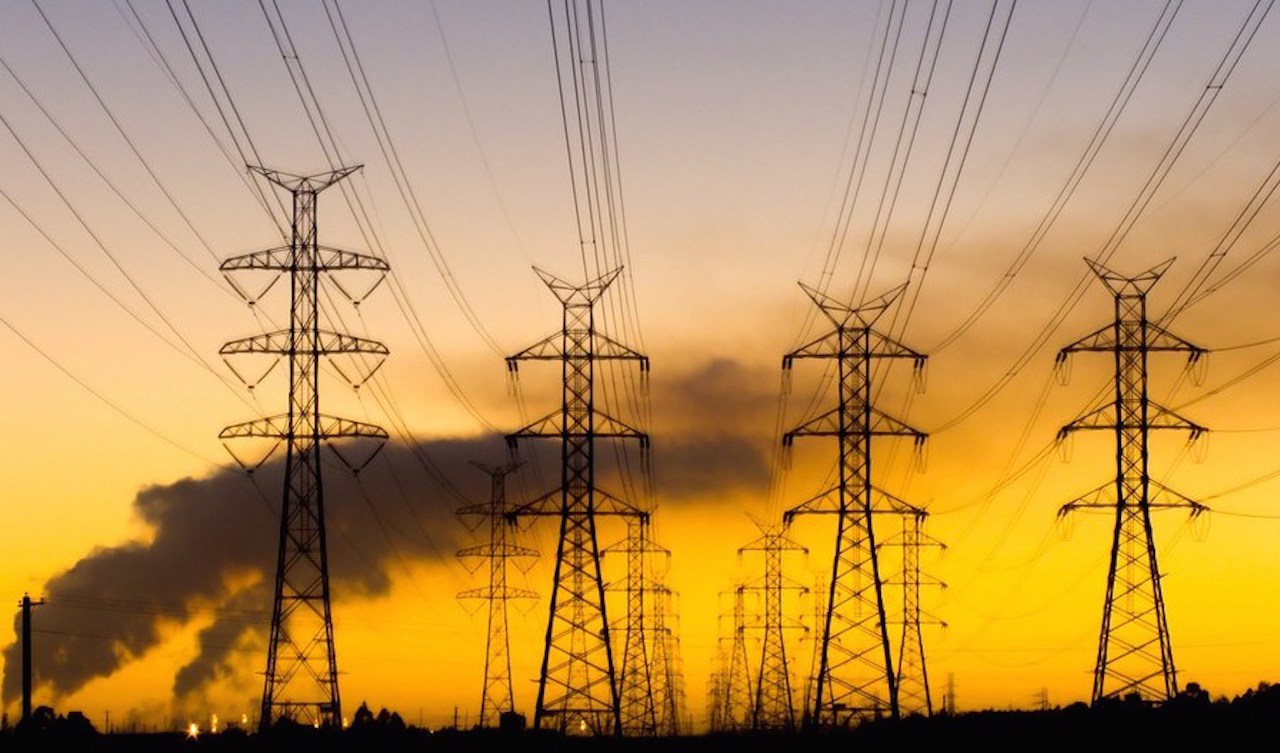News
Zimbabwe after Mugabe - A Way Forward
The key beneficiaries of these otherwise ruinous policies are still, today, at the centre of power, including his likely successor Emmerson Mnangagwa. They have no intention of relaxing their grip.

Director, The Brenthurst Foundation

Former President and CEO of the NEWSEUM, USA

Can Zimbabwe recover when Robert Mugabe leaves?
The damage done over the past 37 years of unbroken power to the economy by Mugabe, 93, and his ruling Zimbabwe African National Union (ZANU) party is considerable.
The onus will be on new leadership to make difficult but better economic policy choices.
Such decisions matter immensely. Compare, for example, Zimbabwe to Costa Rica, which in the mid-1980s had stop payments on its debt due to a severe economic slump, and was in a neighbourhood where there were three ongoing civil wars.
Instead of succumbing to these barriers, Costa Rica has grown its economy five times in the last three decades.
The shock of the mid-1980s encouraged Costa Rica’s leadership to do things differently. Instead of relying on its traditional agricultural exports, it diversified by attracting new industries. The trickle quickly turned to a flood with the arrival of Intel in 1997. Thirty years ago two-thirds of its exports were agricultural goods. Now it exports 4300 products to 150 countries, and is home to 300 high-tech companies. Costa Rica’s transformation has been built on a combination of consistent government, no matter its political leadership, sound macro-economic policy, the primacy of the rule of law, openness to markets and capital, and a desire to be more competitive than its neighbours.
In the 37 years that Mugabe has ruled Zimbabwe, Costa Rica has enjoyed the diversity of ten presidents.
Zimbabwe contrastingly illustrates the cost of taking another, autarkic path. Although Zimbabwe was blessed with a fairly diversified industry in the 1980s, at least by comparison to its neighbours, much of that disappeared when land was taken without compensation from white commercial farmers after 2000. Far from Costa Rica’s careful management of its exchange rate and inflation targeting, in Zimbabwe inflation touched 89.7 sextillion percent in November 2008 – meaning that prices doubled nearly every day.
While the elite might have prospered through its preferential access to land and foreign exchange, ordinary Zimbabweans have suffered greatly. When Mugabe took over from the Rhodesians in March 1980, the life expectancy of Zimbabweans was nearly 60 years, increasing to 63 years ten years later. Then, the compounding effects of a failing health care system, poor nutrition, weak governance, careless government, and the spread of disease saw it collapse to 40.7 years in 2002, among the lowest in the world. Today life expectancy is still lower than what it was at independence.
The key beneficiaries of these otherwise ruinous policies are still, today, at the centre of power, including his likely successor Emmerson Mnangagwa. They have no intention of relaxing their grip.
Costa Rica’s average life expectancy is over 79.
Zimbabwe is now listed at 154 of 188 countries on the United Nations’ Human Development Index. Income per capita was $1255 in 1981, peaked at $1266 in 1996, and thereafter dipped to a low of $541 in 2008. It now hovers around $870, ranking in the bottom 30 worldwide. One-third of 14 million Zimbabweans today require food aid.
Zimbabwe might conceivably be like Costa Rica. It is well- positioned in its region, has a rump, still, of a reasonable logistics infrastructure, and is blessed with good lands and a valuable mineral endowment. It also enjoys a stock of skills despite large-scale emigration, and even some of those who have left might well be attracted back by the prospect of real change.
Still, if through the Zimbabwe whirlwind, a reformer were to come to power, offering as radical shift as FW de Klerk did to PW Botha 28 years ago ‘down south’, devising a roadmap for recovery would be a daunting effort. Any turnaround would have to be underpinned by three key tenets:
-
Reduce government expenditure. This means cutting back on the civil service. At independence in 1980, Zimbabwe had a civil service of 68,000 consuming perhaps one-third of government revenue; today government employs 300,000 and it has another 200,000 drawing state pensions and benefits, absorbing nearly 100% of tax revenue, explaining the need for large and ongoing borrowings by the government. The government is running a fiscal deficit, as a result, of around 60% and funding this through Treasury Bills which cannot currently be repaid in cash.
-
Begin the process of restoring property rights. A country cannot move forward if it is unclear who own a large portion of the land. While this is a politically sensitive issue, any reformer government will have to devise a process that provides assurance that, unlike in the past, private assets are safe from government seizure. Any final settlement of the land issue will probably take years, if not decades, but it will be important for a new government to signal which direction it wants to take.
-
Start separating ZANU from the state. The lines between state and party long ago blurred. The operations of much of the state, including the parastatals, are designed to reward the party. There will have to be a wholescale reconfiguration of the state away from party support to economic revitalization.
Those who believe that getting rid of Mugabe will start the country down a good path to reform and recovery vastly underestimate just how traumatic and difficult such a transition is and the extent of the damage done by ZANU. They also do not appreciate that the key beneficiaries of these otherwise ruinous policies are still, today, at the centre of power, including his likely successor Emmerson Mnangagwa. They have no intention of relaxing their grip.
But if Zimbabwe wants to go down the high-reward road that Costa Rica demonstrated is possible, a tremendous amount of work will have to be done after the big man leaves, little of which is guaranteed to be easy.
This article was first published in the Rand Daily Mail.


